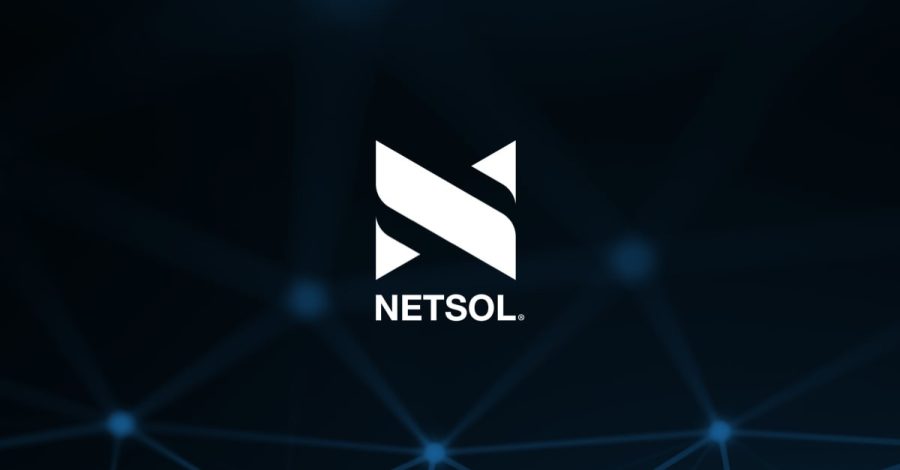In a proud moment for Pakistanis, NETSOL Technologies, Inc. a global services and enterprise application solutions provider, and the country’s largest software company, has built a 3D version of Pakistan. Powered by WRLD, the geo-spatially accurate 3D version of the country is the first attempt of its kind and is expected to open a host of exciting opportunities owing to its vast number of implications.
NETSOL Technologies had recently introduced NXT, a COVID-aware smart workplace application that was designed to support companies looking to return safely to the office as well as more effectively manage their workforce on a global scale. Built using the same technology, the 3D version of Pakistan is essentially a “Digital Twin” of the country, and has the potential to make the whole country “Smart” due to its potential of IoT integration.
Indeed, Digital Twins are playing a critical role in driving digital transformation. By creating geo-spatially accurate visualizations of cities and a machine-readable layer that connects with IoT sensors, these Digital Twins are able to provide real-time actionable information and experience improvements for various stakeholders. These smart city experiences have the potential to uncover various IoT datasets such as waste disposal systems and energy management to manage and oversee these services in real-time, with the ability to enable relevant departments to automate and streamline their operations.
In addition to the above, private businesses and software developers can use this platform to build meaningful and relevant experiences for tier companies or for their own private ventures. Tourism, for example, can hugely benefit from this endeavor as the NETSOL team has handcrafted and built some of the most iconic landmarks of Pakistan.
The WRLD platform has enabled NETSOL to rapidly build a compelling experience for the citizens of the country. The platform has already been used to create smart building applications for a Fortune 100 enterprise and a major international airport.
“The big challenge with IoT is that there is a lot of data but very little insight. 99% of the data that is being gathered is in some dark place on cloud or hard drive and it’s not being utilized,” said Faizaan Ghauri, CEO WRLD. “The scale of devices and the sheer amount of connectivity happening on an hourly basis is what is powering all this. Whether it’s occupancy sensors or motion sensors, energy management systems, gen-sets, positioning systems, etc., these are all coming onto the grid. We have hundreds of thousands of devices becoming a part of the ecosystem on an hourly basis. In Pakistan, there are many big smart city initiatives taking off, the most recent of which was for a large-scale smart city project for Lahore. NETSOL’s 3D map of Pakistan has the potential to not only power all these initiatives, but also create immense value by making everyone a part of this ecosystem. From large corporations to private developers, everyone can become a part of this endeavor and turn Pakistan into the ‘Smartest’ country there is.”
It is hoped that this 3D map of the country will help usher in a new wave of technological development in Pakistan which will reach the grassroots and make a difference in some of the most important sectors.










